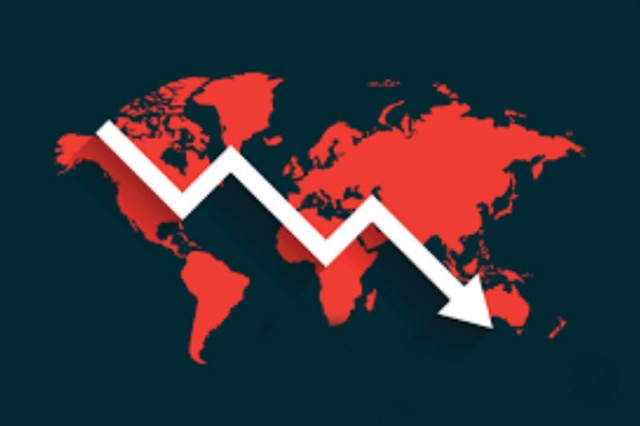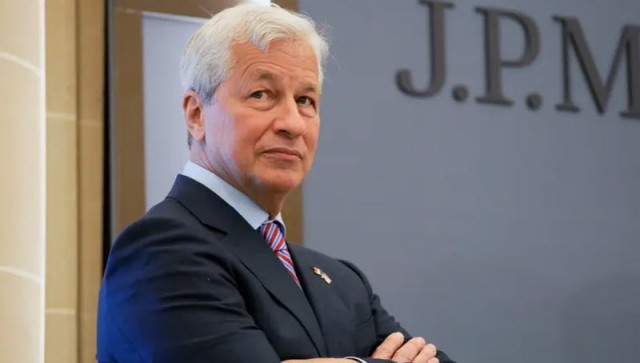A group of corporate CEOs and economists warned of a possible global recession this year, during the annual meeting of the World Economic Forum in Davos.
According to ArabiaNet, PricewaterhouseCoopers surveyed 4,410 business leaders in October and November of last year, with 73% of CEOs and economists expecting global growth to decline in the next 12 months.
The reading was the worst since the consultancy began polling investors in 2011. Two in five expressed concern that their companies might not last a decade.
A separate survey of senior economists, published by the forum, found that two-thirds of them expect a global recession in 2023 as companies cut costs, and 18% saw such an economic downturn as very likely, according to Bloomberg.
While recent data has raised hopes that economies will continue to achieve a soft landing, the rise in inflation last year and the subsequent hike in interest rates by central banks has many economies preparing for deflation.
However, PwC's global head, Bob Moritz, said the level of anxiety in his company's survey may have been exaggerated.
Compared with the financial crisis of 2008, bosses are more worried about the economy now, but more confident that their companies will succeed through the downturn.
However, business leaders' confidence in their companies' growth prospects has declined the most since the 2008 crisis.
risks
The survey found that the three biggest risks for this year are inflation, macroeconomic volatility and geopolitical conflict.
The main surprise, Moritz said, was the long-term outlook, with 40 percent of CEOs convinced their organizations will not survive economically in 10 years if they don't change.
He explained that the short term is about how to manage cost pressures and the longer term is about supply chains, climate and technological disruption.
He added: Chiefs need to take action now to survive two years to thrive in the next 10 while ensuring they have the capital to allocate in the future.
In the past year, CEOs have been concerned about cyber, health and climate threats. Moritz said the climate crisis remains a pressing issue, adding: I'm not worried about dropping it from the priority list. It's relative. 60 to 70 percent of CEOs are already taking action.
workers power
In terms of hiring, 60% of corporate CEOs do not plan to cut staff, while 80% will not cut salaries because they stick with employees rather than undergo expensive hiring processes.
The strength remains with workers who have the right skills, Moritz said.
Meanwhile, business leaders in France, Germany and the UK were less optimistic about domestic growth than global expansion.
However, the UK has improved as a business location of choice, with CEOs ranking it the third most important for revenue growth, behind the US and China and on par with Germany.









































